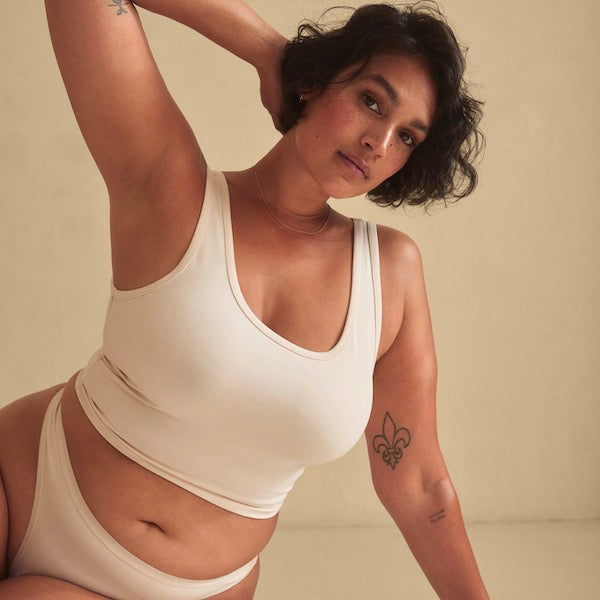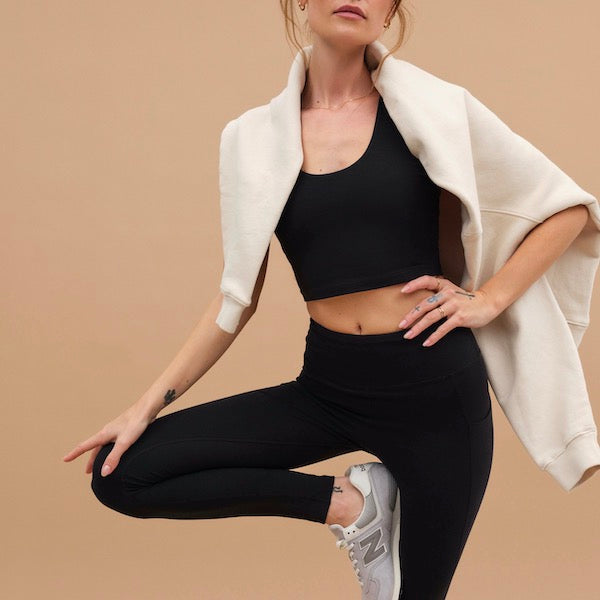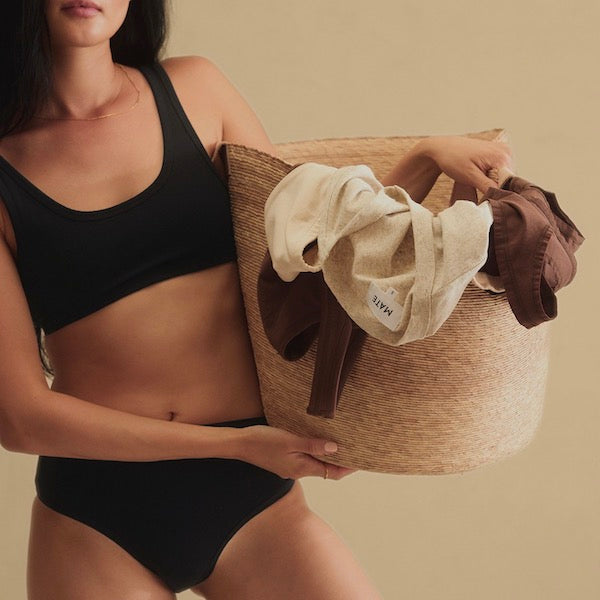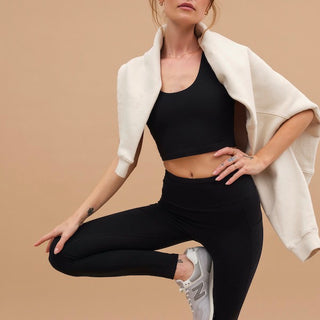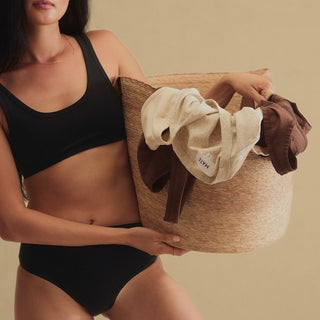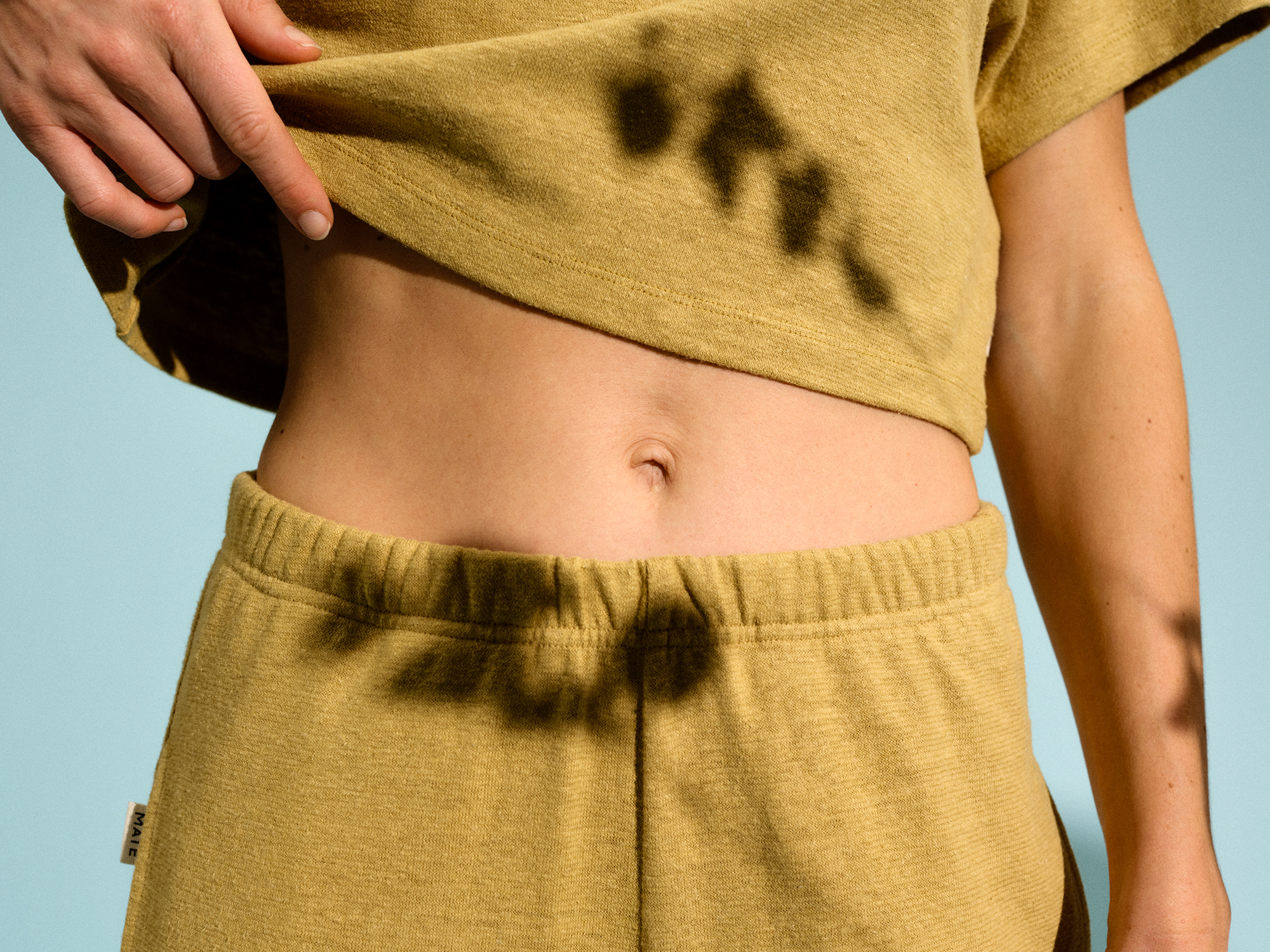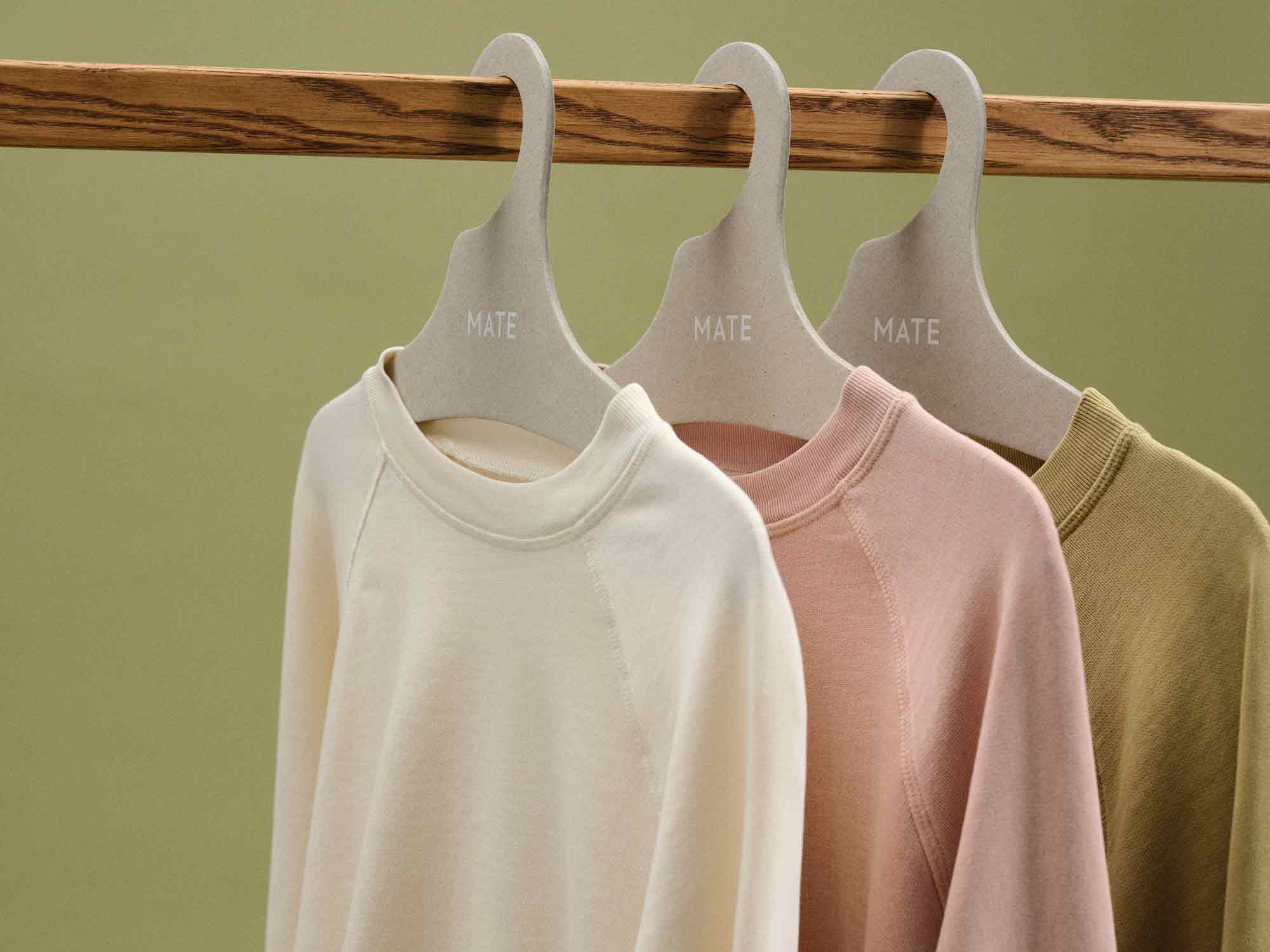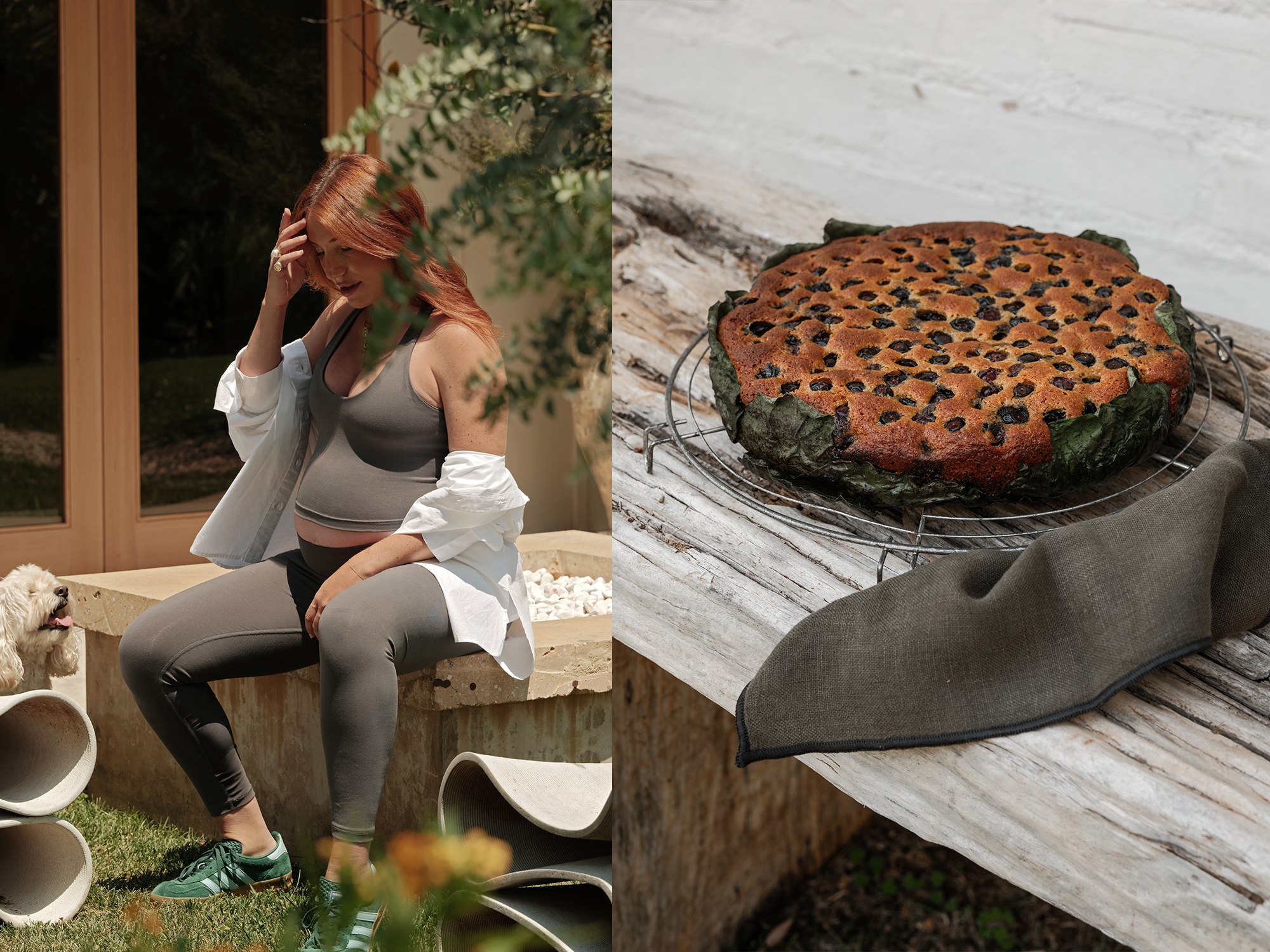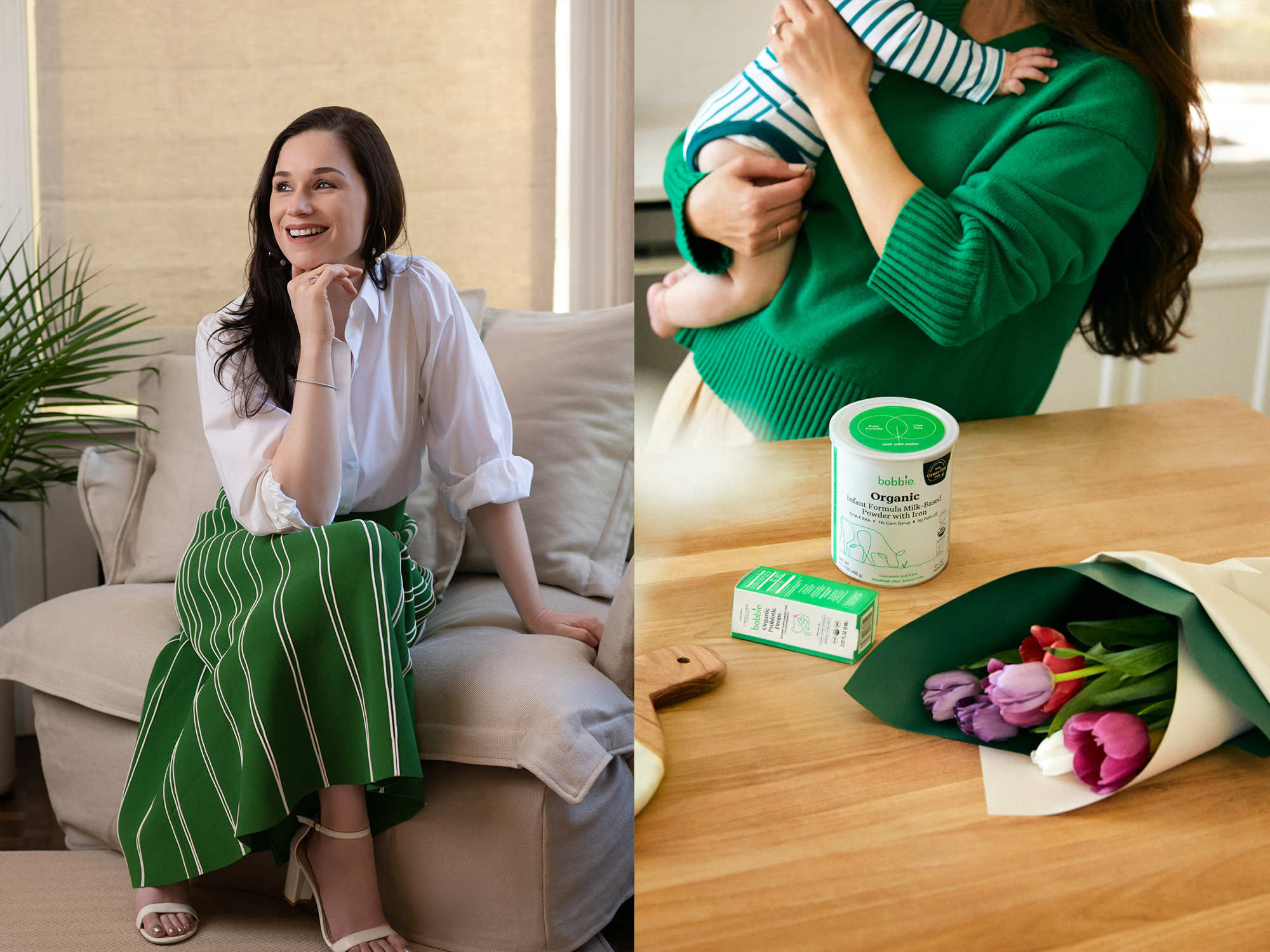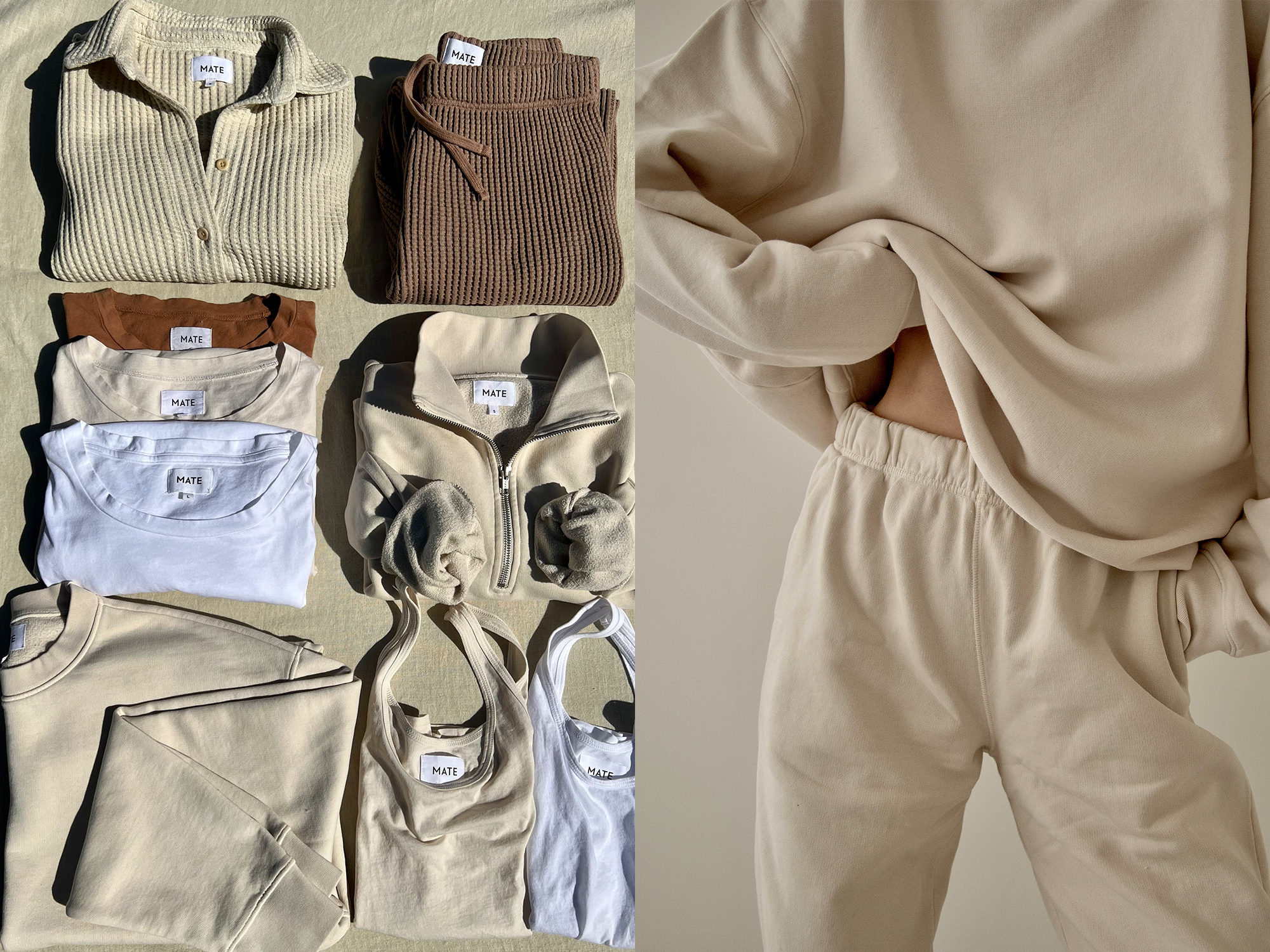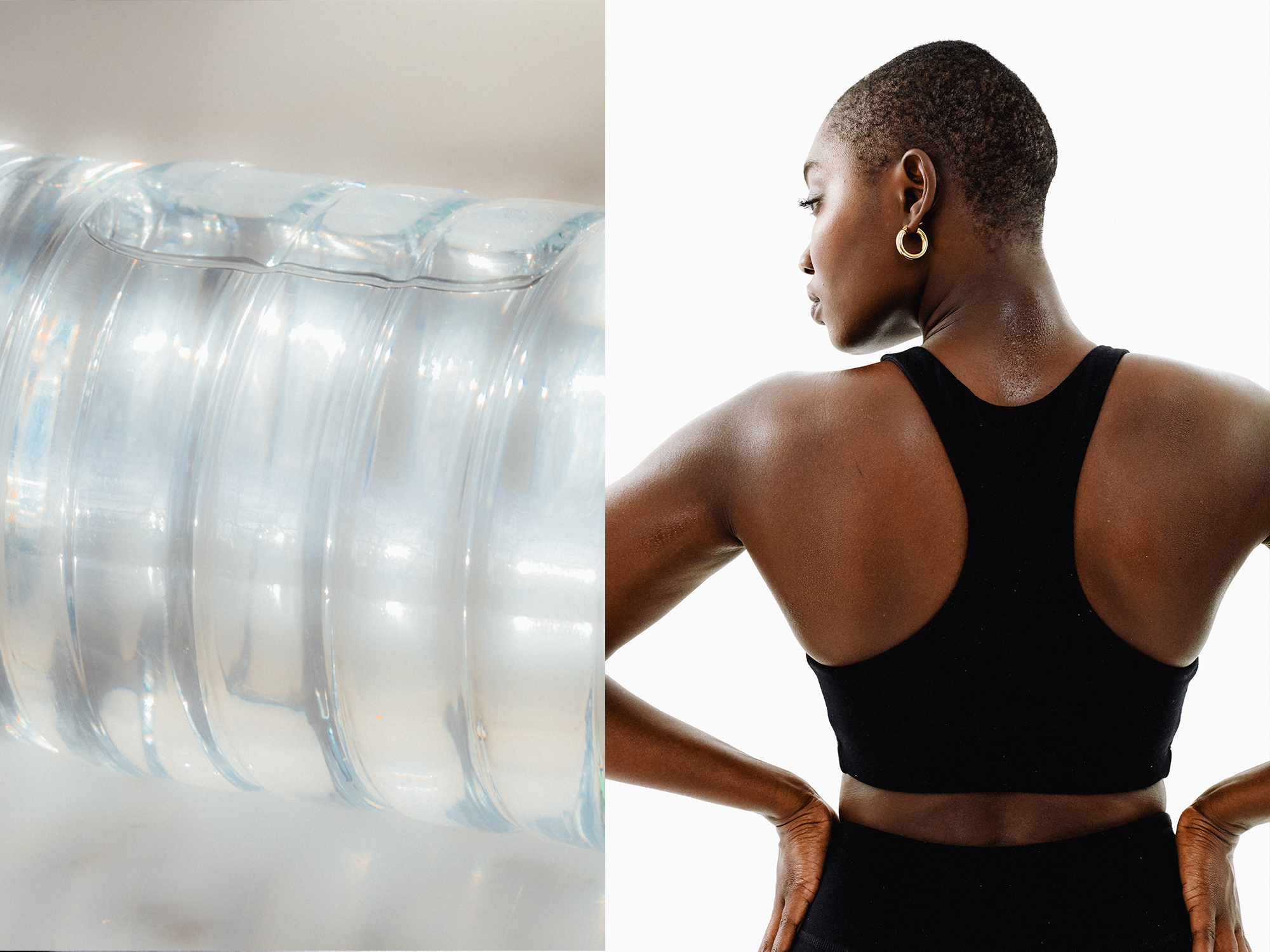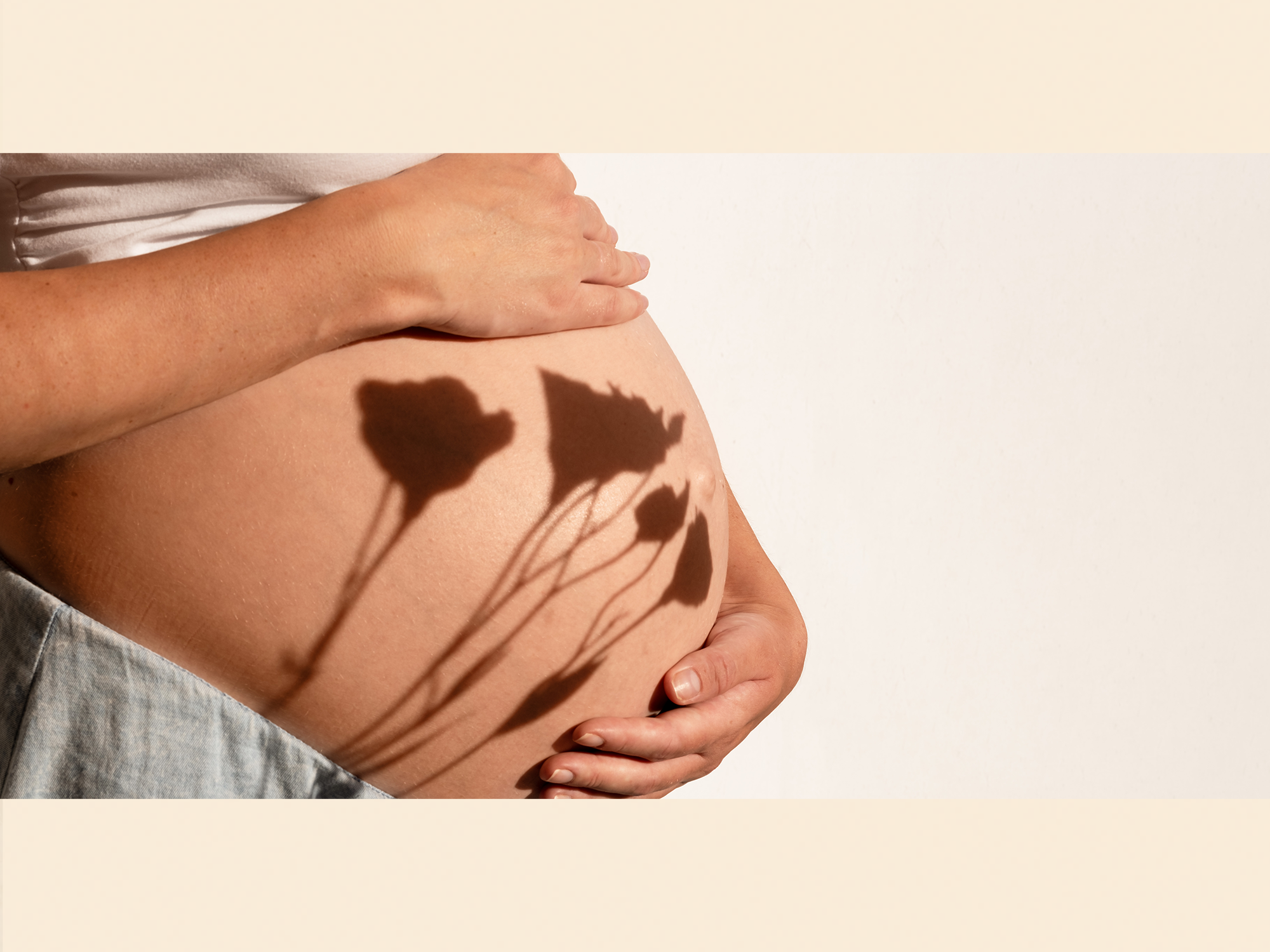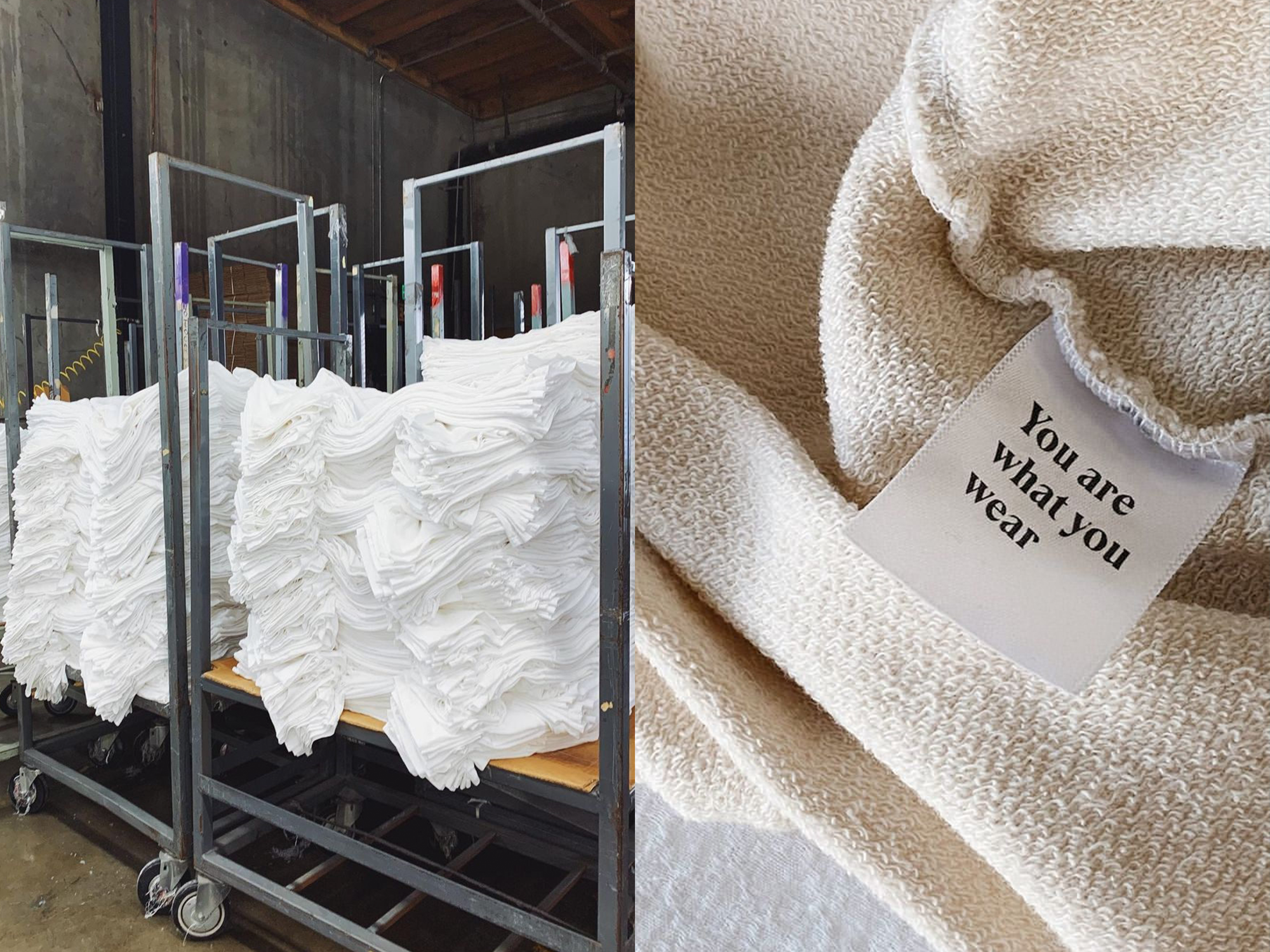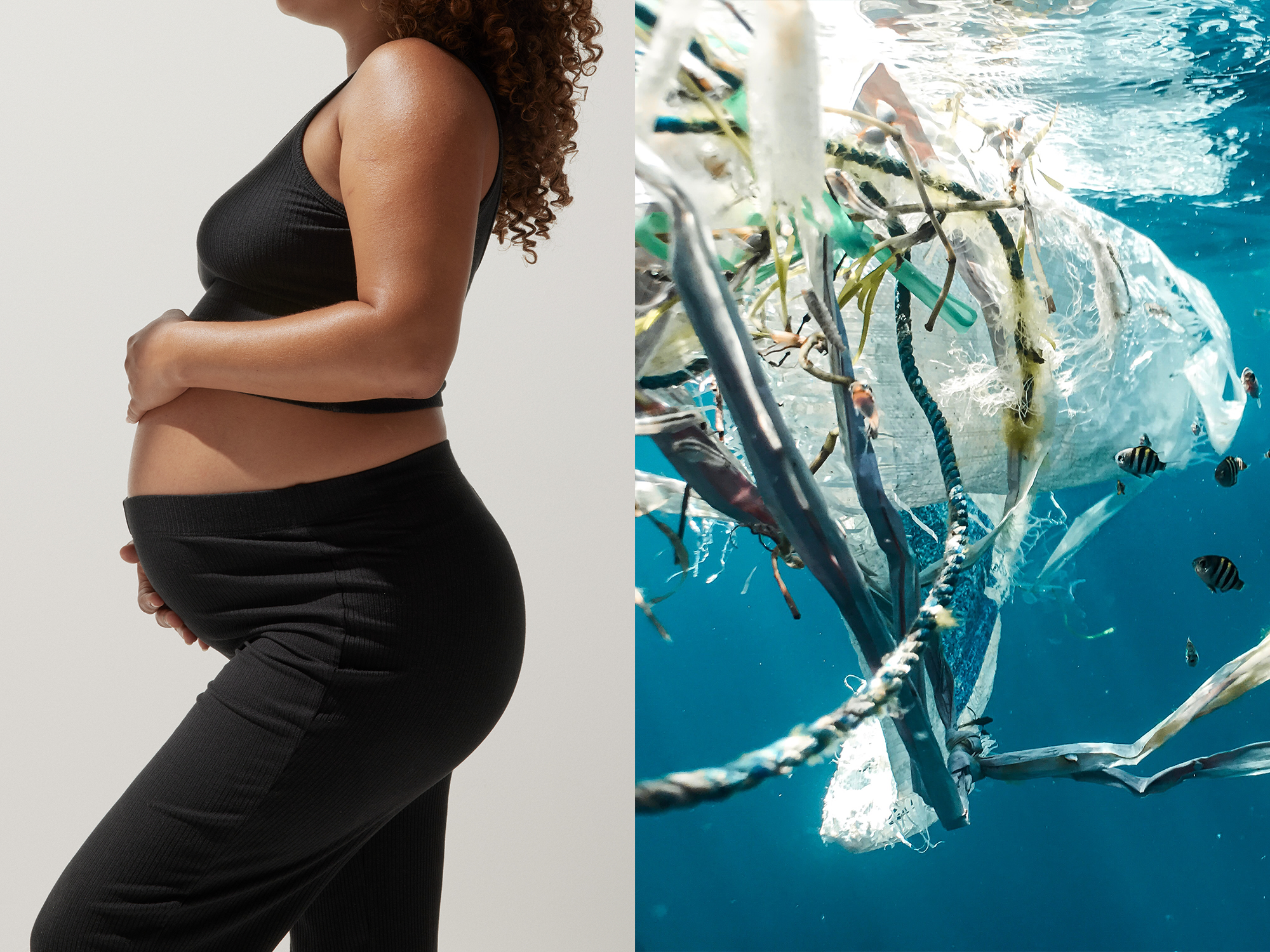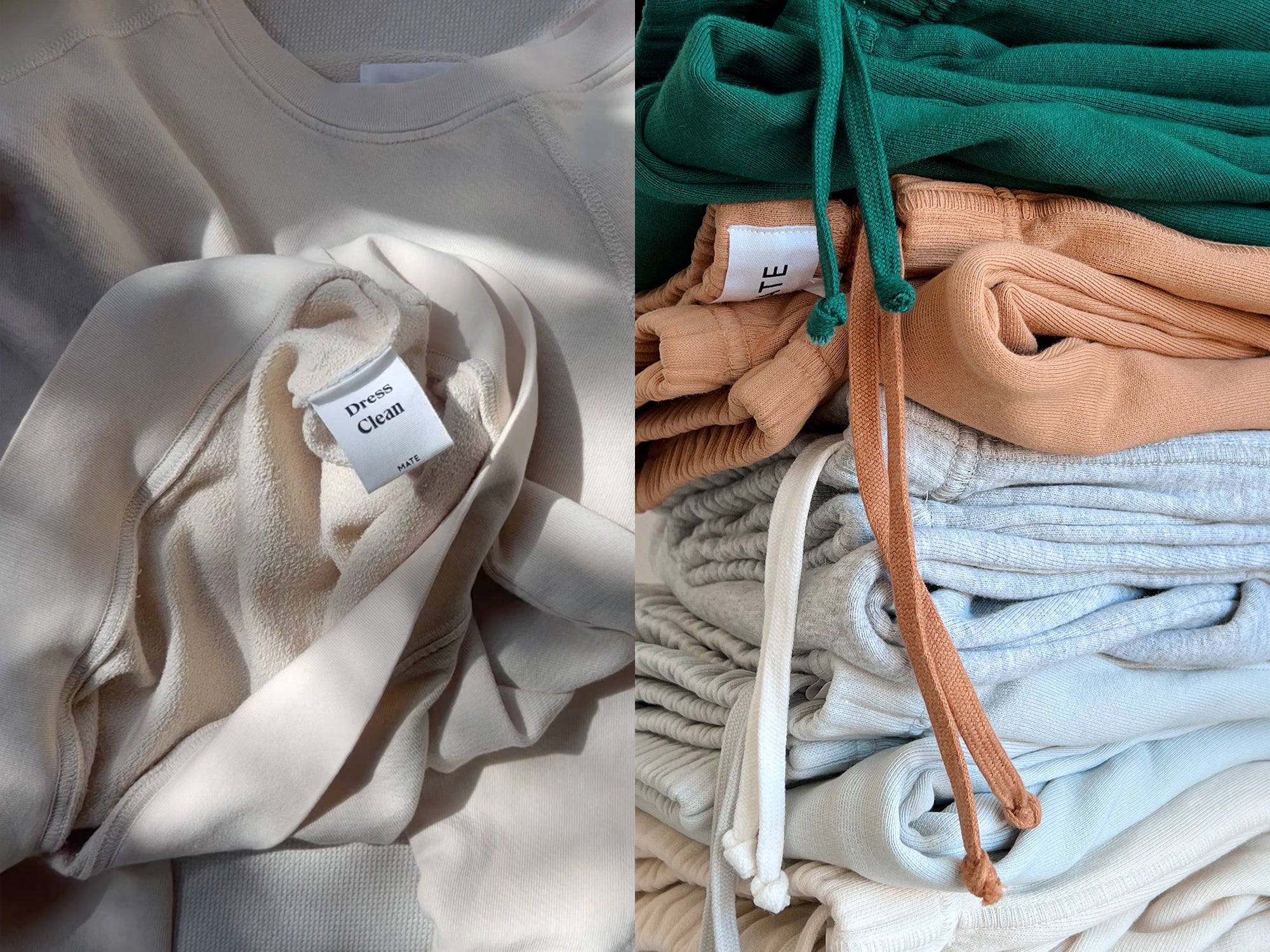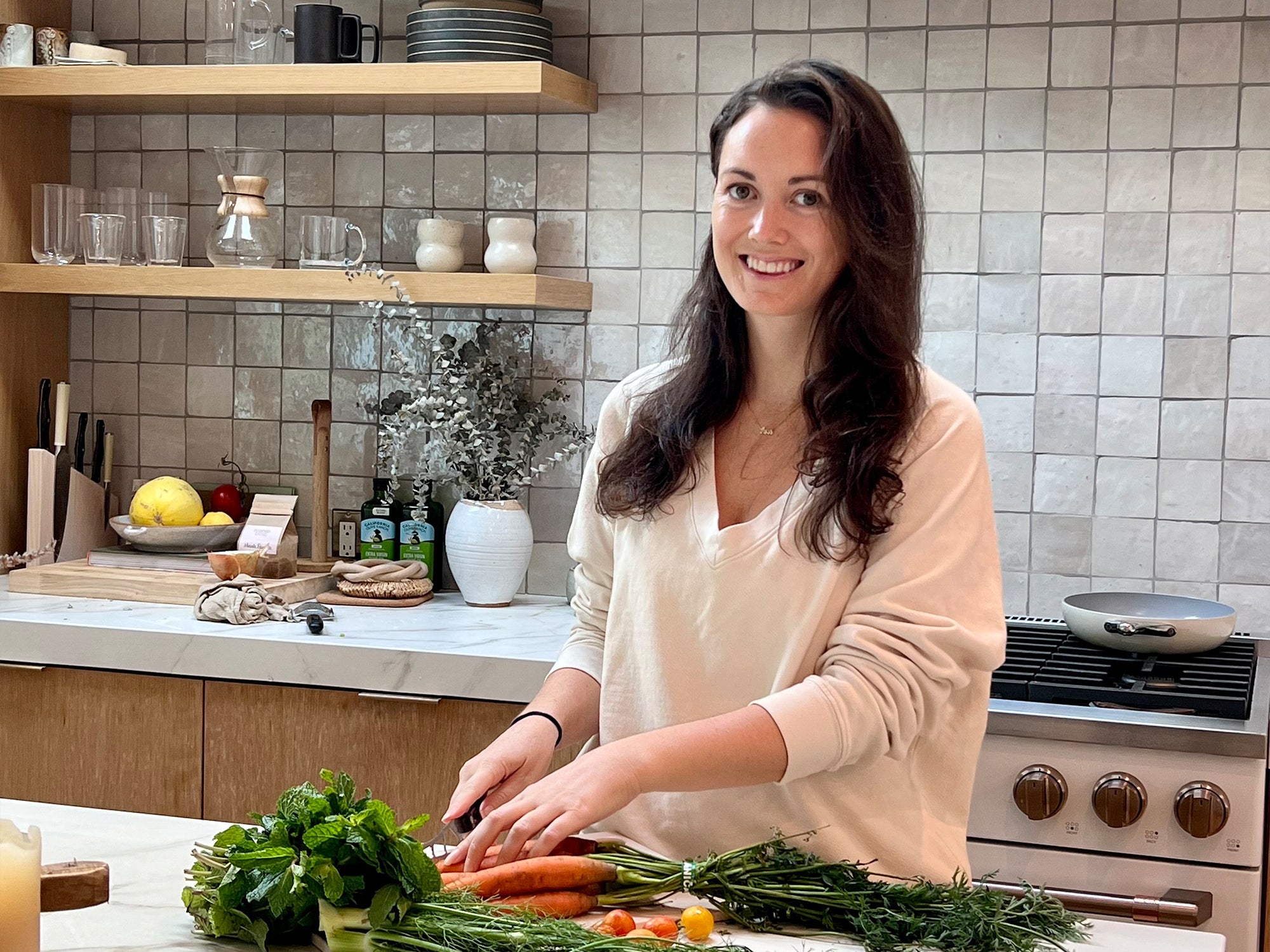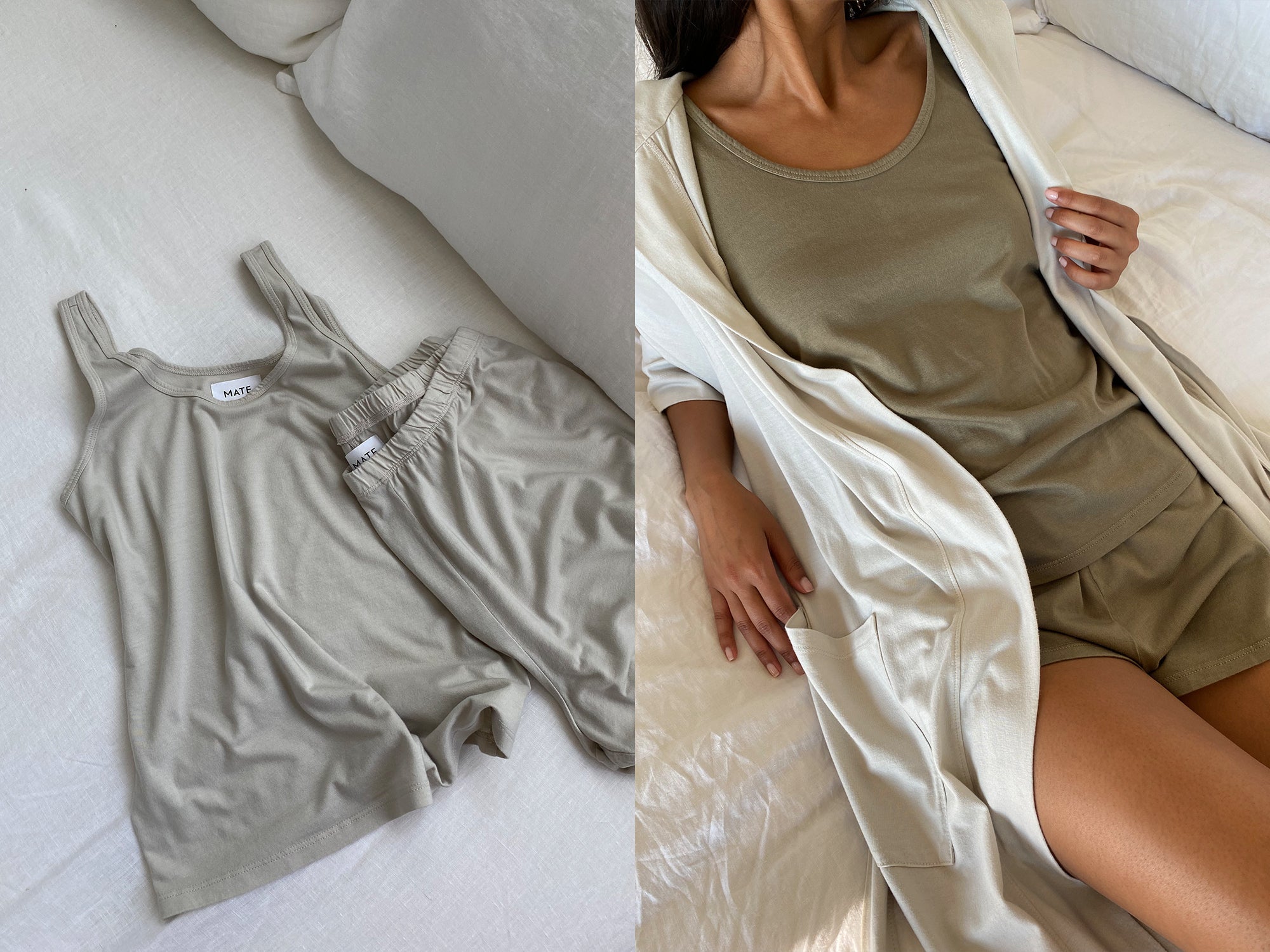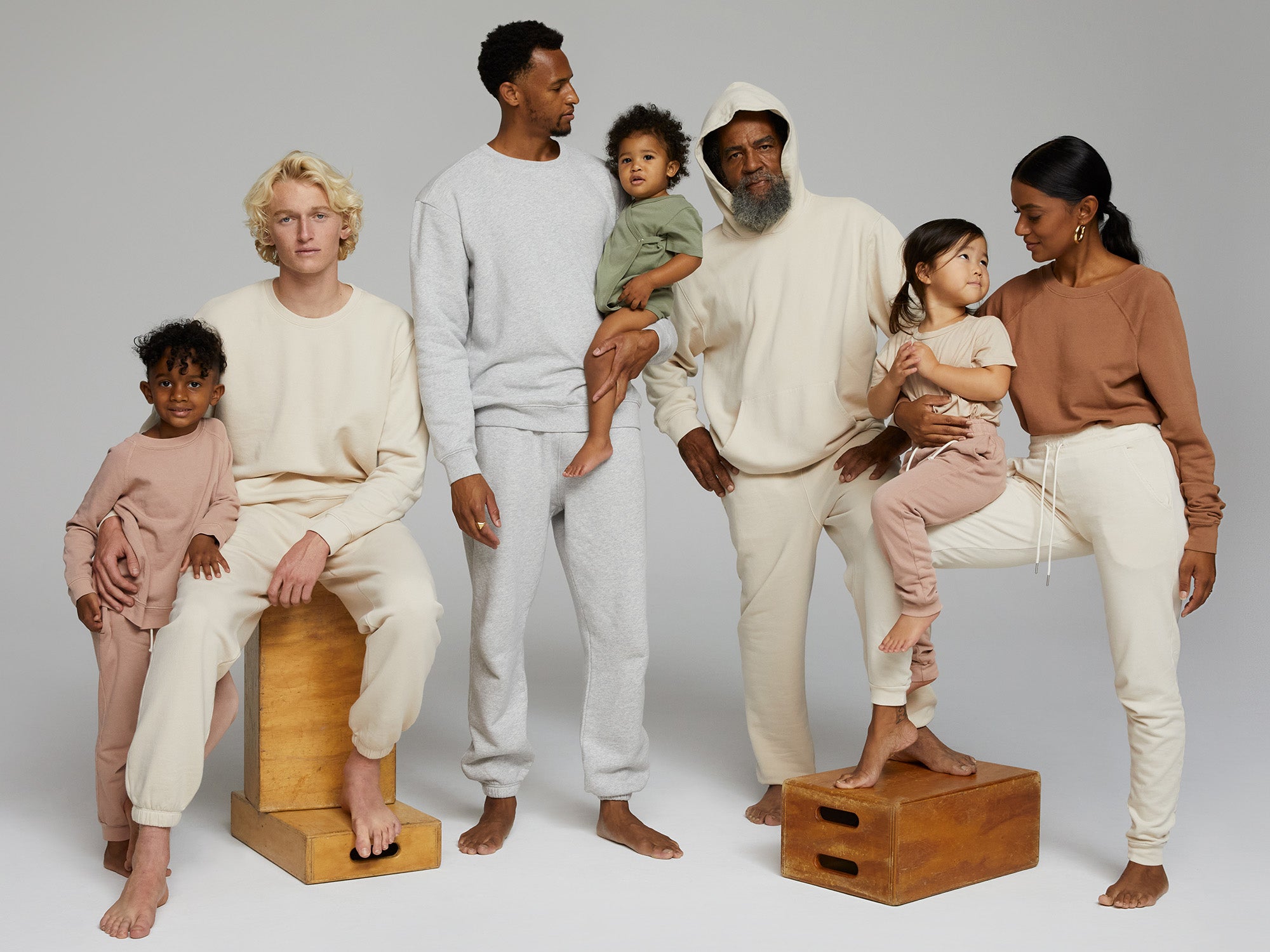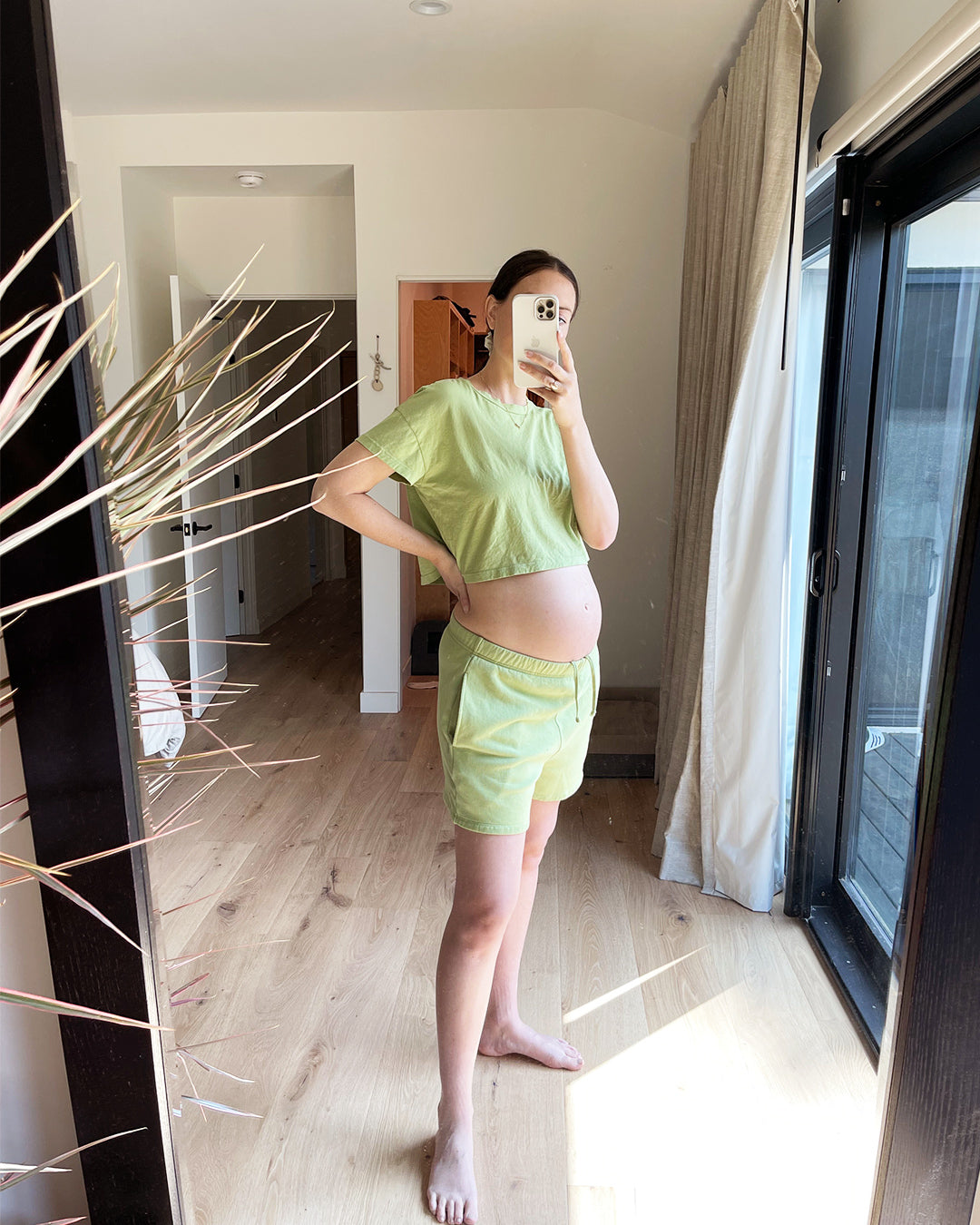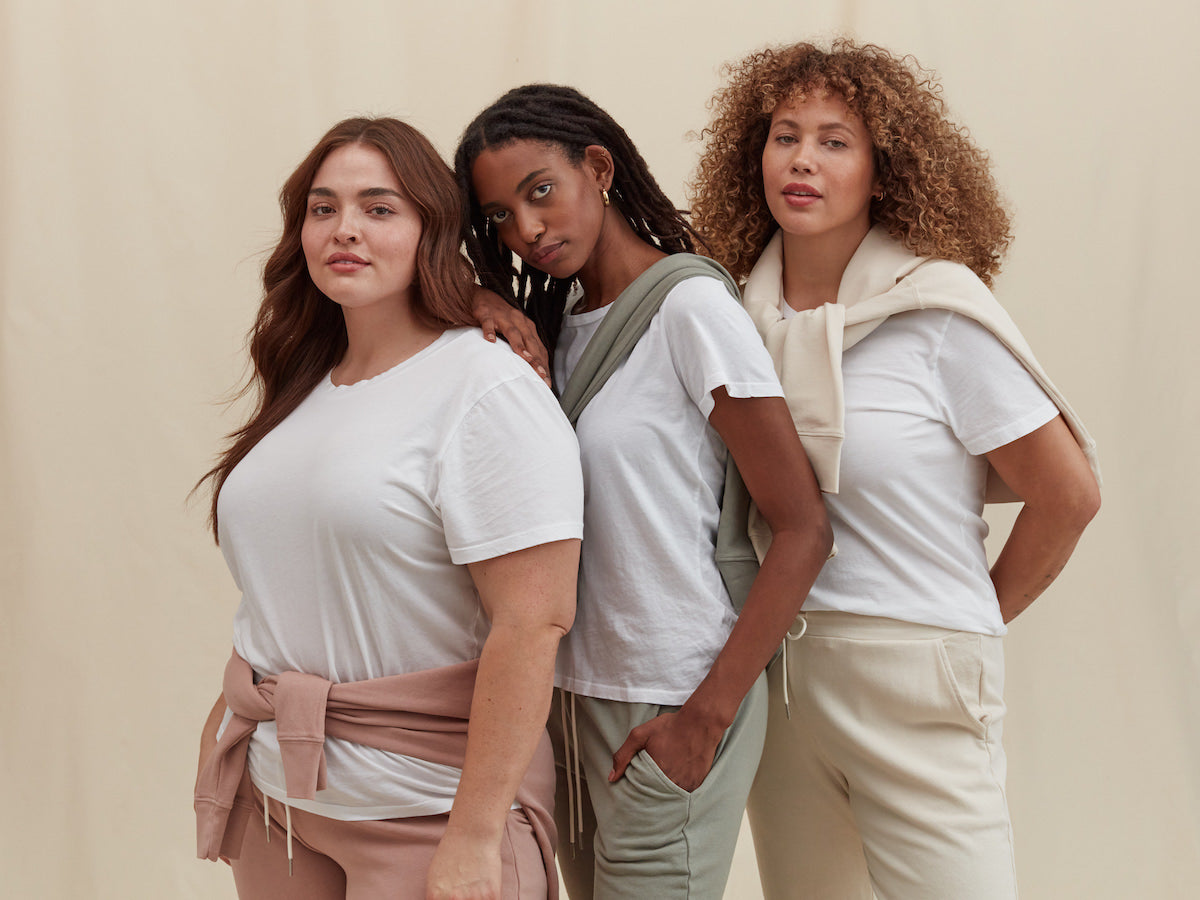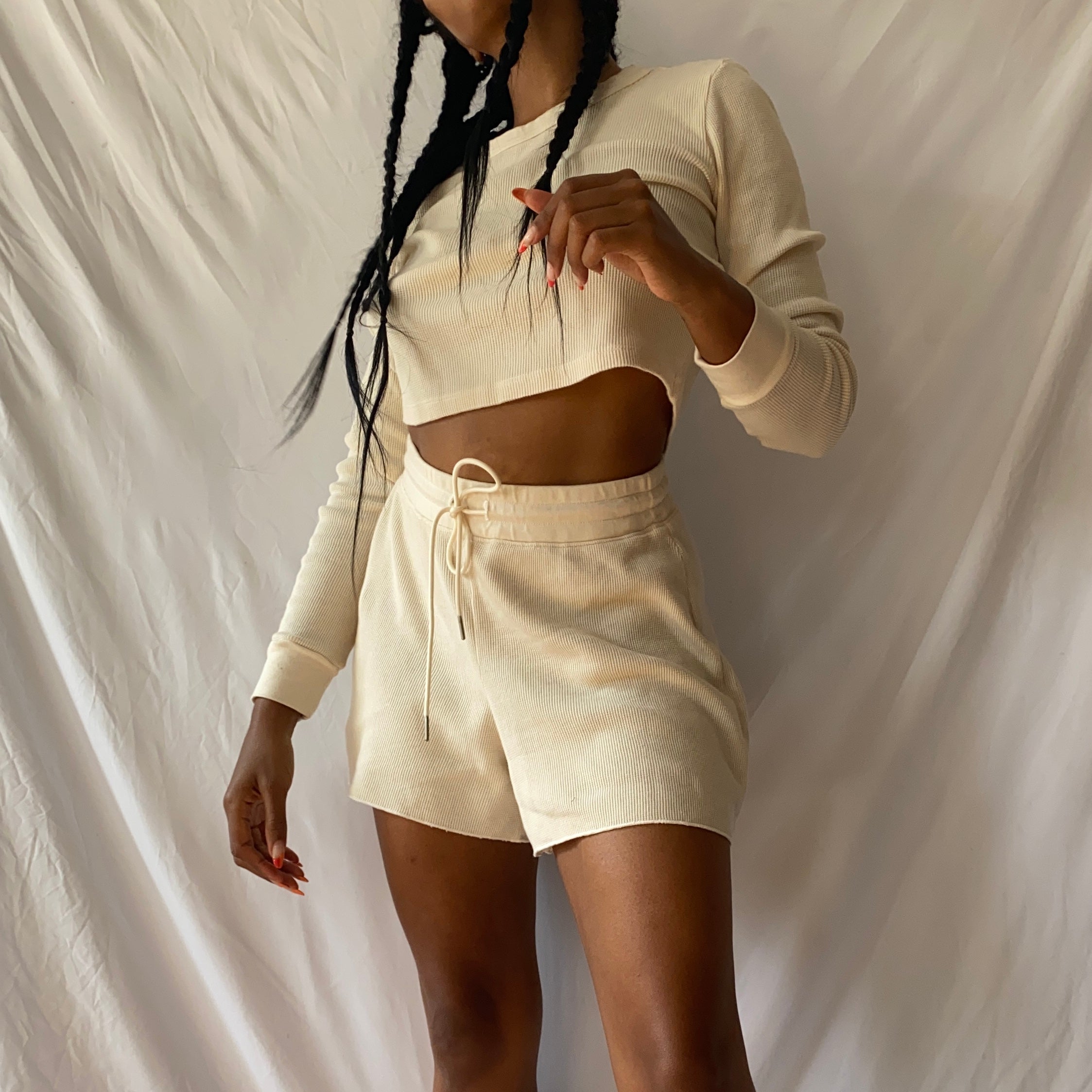Your Tote (0)
Organic Choices For You
Why Organic Intimates Matter: A Conversation with Fertility Specialist Dr. Sasha Hakman

We’ve gotten used to reading ingredient labels. We care about what’s in our skincare, our food, and our water. But fabric (and what we wear closest to our skin) still gets left out of the conversation. When it comes to your health, especially reproductive health, that oversight matters.
Our new Tencel Comfort Intimates were made with intention: soft, breathable styles designed specifically for your most sensitive areas. Designed with 90% TENCEL™ Lyocell, our clean, breathable, and beautifully soft fabric keeps everything dry, comfortable, and free from irritants.
To help unpack why this matters and what role clothing can play in your overall health, we turned to Dr. Sasha Hakman, a double board-certified OB-GYN and fertility specialist. Her perspective bridges medical insight with real-world advice, especially for anyone thinking more deeply about their body, their fertility, and the daily choices that support both.
Q: Most of us think about clean eating and non-toxic skincare—but not necessarily our clothes. Why are natural fabrics so important, especially for underwear and activewear?
Dr. Hakman: Many people don’t realize that our skin is our largest organ and it’s incredibly absorbent. Natural fibers like Organic Cotton and Tencel are breathable, non-irritating, and free from endocrine disrupting chemicals that may be present in conventional fabrics. That’s especially important for clothing that stays in close contact with areas of high absorption and sensitivity, like underwear and activewear. Choosing cleaner fabrics helps reduce our daily exposure to EDCs which have become a well established contributor of diminished fertility.
Q: You’ve said that what we wear during workouts or daily movement can become a direct pathway for toxins. Why are synthetic fabrics more concerning?
Dr. Hakman: Synthetic fabrics like polyester and nylon are often treated with chemical dyes, flame retardants, and per- and polyfluoroalkyl substances or PFAS (also known as “forever chemicals”)—many of which can leach into the skin, especially when we sweat. There are a number of in vitro studies confirming this. We also know that these synthetic materials can increase the risk of yeast infections and bacterial vaginosis per the American College of OBGYN, who recommends underwear with breathable fabrics like cotton to help maintain vaginal health since cotton is very effective at absorbing moisture. There are also now emerging studies that the vaginal microbiome plays a big role in overall reproductive health and fertility treatment success.
Q: From your perspective as a fertility specialist, what’s most concerning about the rise of synthetic fabrics in everyday clothing?
Dr. Hakman: We’re seeing more and more research pointing to how environmental toxins like phthalates, BPA, and PFAS- can impact hormone levels, egg quality, and sperm health. What worries me is how normalized it’s become to live in synthetic fabrics all day, every day, without questioning what those materials are made of. This is all a result of “fast fashion”. While we don’t have large-scale clinical trials linking specific clothing materials to infertility, we do have mounting evidence that minimizing your exposure to endocrine-disrupting chemicals matters, and clothing is part of that conversation.
"Choosing organic cotton or other natural, untreated fibers reduces your exposure to potential irritants and hormone-disrupting chemicals where it matters most."
Q: If someone is just learning about the link between clothing and fertility, what’s one small but meaningful change they can make today? Why might starting with Organic underwear or activewear make such a big difference?
Dr. Hakman: Start with your underwear. It’s in contact with your most sensitive skin all day long, every single day. Choosing Organic Cotton or other natural, untreated fibers reduces your exposure to potential irritants and hormone-disrupting chemicals where it matters most. It’s a small swap with a potentially big impact on comfort, health, and peace of mind. I always encourage baby steps and if I were to chose one thing to swap first in my closet, it would be underwear.
Q: The idea that what we put on our skin matters just as much as what we put in our bodies is still new to a lot of people. How do you explain that connection to your patients?
Dr. Hakman: I often remind patients that a lot of prescribed medications are topical- meaning they go on your skin. If you literally place a pill in your vagina, it gets systemically absorbed. The chemicals in your clothing are no different, especially when there’s heat, friction, or moisture involved, like during a workout. We spend so much time trying to eat clean and reduce ultra processed foods, filter our water and/or air but what we wear is an extension of that same conversation. It’s all about reducing the overall exposure of EDCs (Endocrine Disrupting Chemicals) to improve and optimize health.
Smarter For Down There
Designed for your most sensitive areas, our Tencel Comfort Tanks, Bras, and Undies are made from 90% TENCEL™ Lyocell, a fabric known for being clean, breathable, and beautifully soft. Our Tencel Comfort Undies supports vaginal health by keeping the area dry, comfortable, and free from irritants—helping prevent infections and promote overall comfort.
Explore our entire Intimates Collection which includes our new Tencel Comfort Intimates styles.
Dr. Sasha Hakman is a double board-certified OB-GYN and fertility specialist known for her advanced expertise and deep commitment to compassionate, patient-centered care. She blends the latest innovations in reproductive medicine with a personalized approach, ensuring that every individual feels supported, understood, and empowered throughout their fertility journey.
You can follow Dr. Sasha Hakman at @sashahakmanmd on IG, and sign up for her newsletter where she shares science-backed insights, lifestyle tips, compassionate guidance, and more at https://sashahakmanmd.com/newsletter/.
More From The Journal
 female founded
female founded
Postcards from the Road: A Conversation with Yolo Journal’s Yolanda Edwards
Read more female founded
female founded
